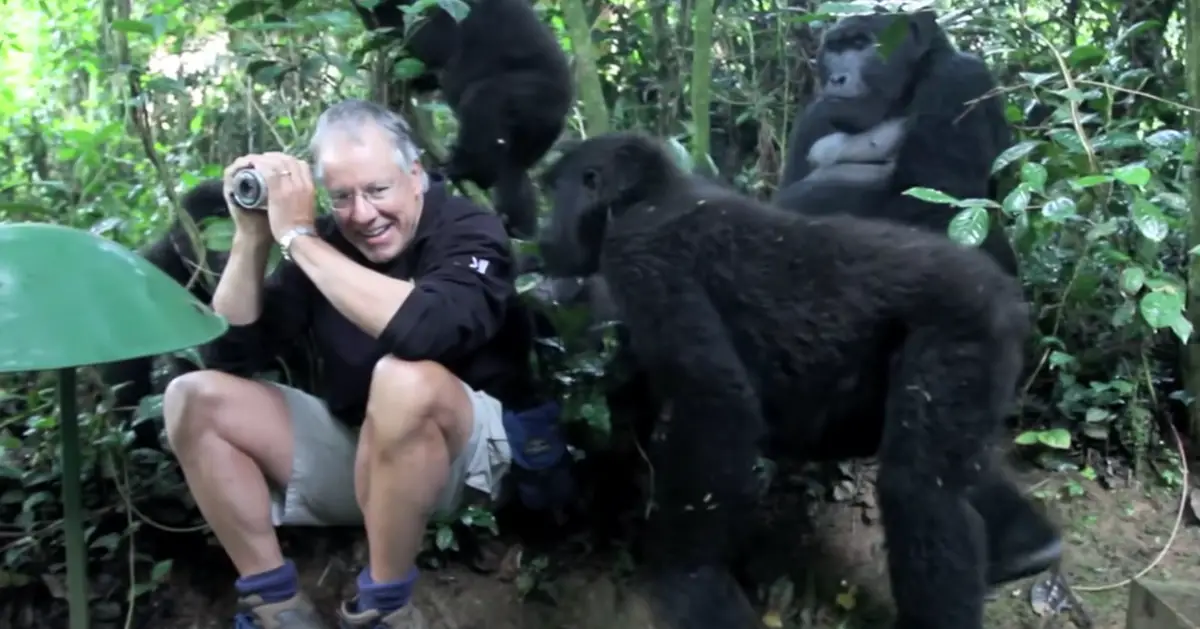It’s always fascinating to experience a close encounter with a wild animal, but for this US tourist it was definitely a heart racing moment when a family of wild mountain gorillas approached him. The apes proved friendlier than expected and they even spoiled the man with a grooming session. The heartwarming scene has been caught on camera!
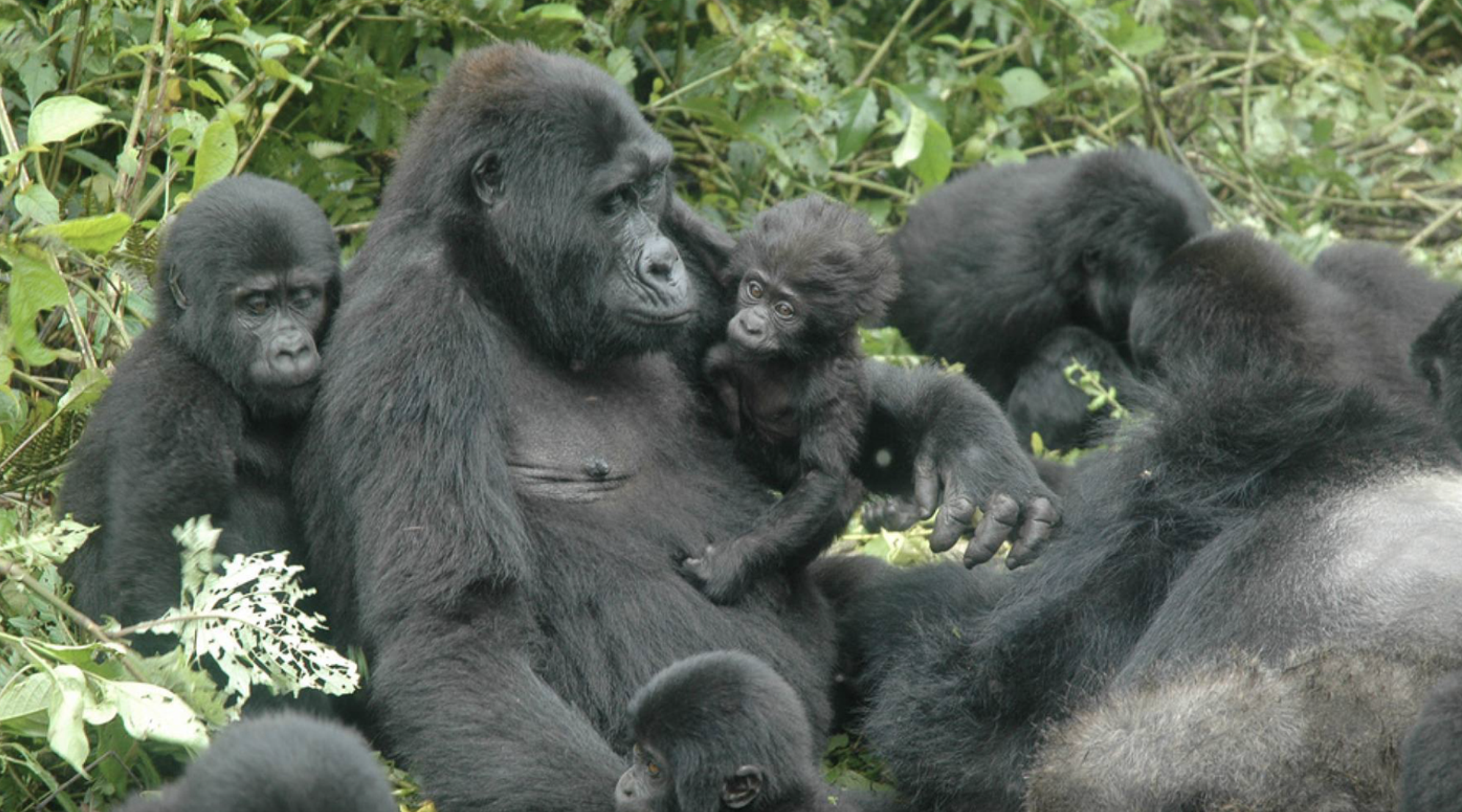
When wildlife enthusiast John J. King II decided to visit Uganda’s Bwindi Impenetrable National Park, he only hoped to catch a glimpse of the endangered species. But he got far more than that. All of a sudden, King found himself in the a middle of a really unexpected encounter, after a group of gorillas decided to visit their camp.
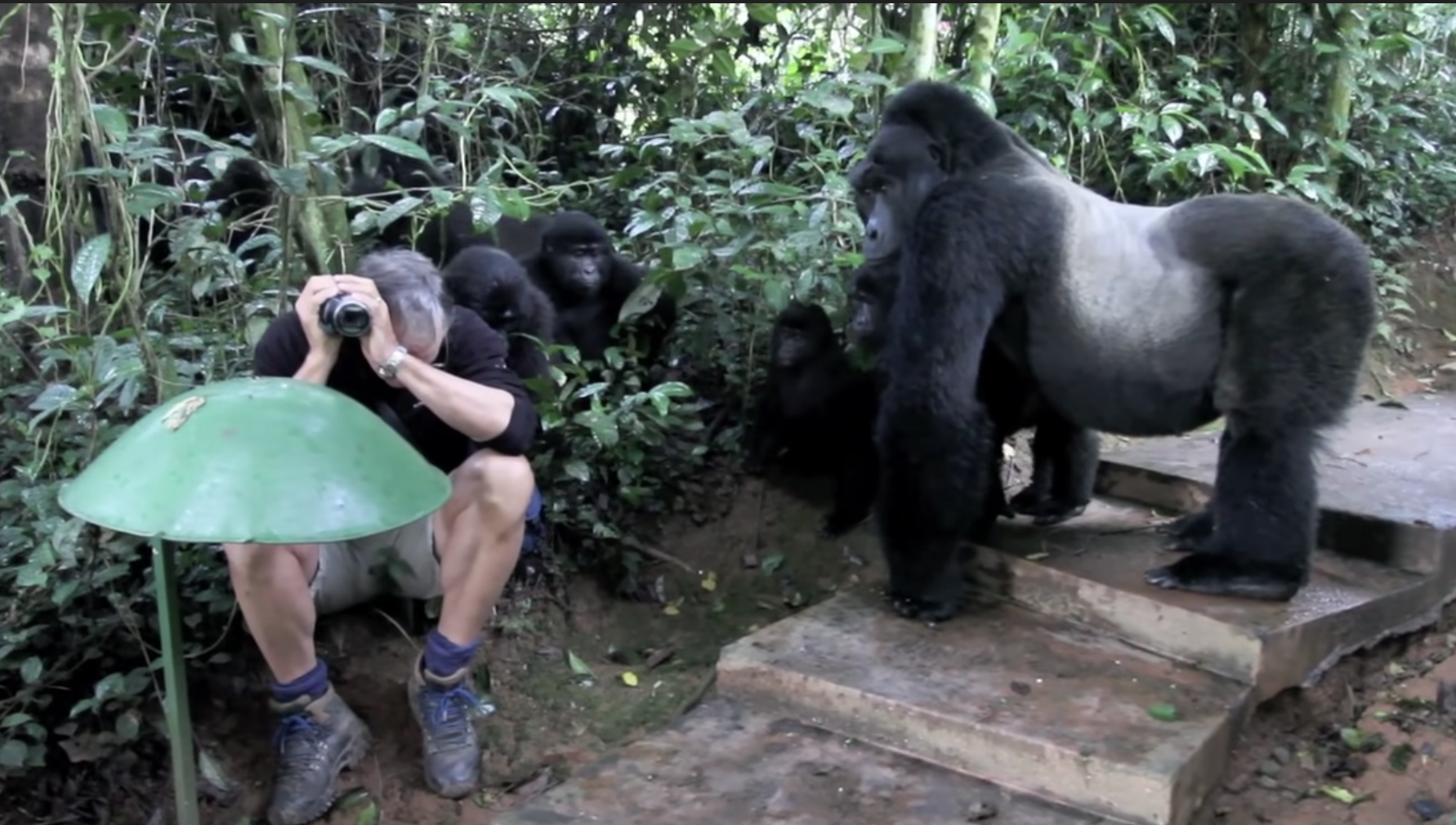
Upon the very unique experience, the man was caught by a mix of feelings of both fear and excitement, but ultimately he just couldn’t believed his eyes, that was actually happening. While the man is sitting still, the young gorillas are approaching him, probably driven by curiosity, as the adults are carefully watching them from a short distance. At same point, the little ones even climb on King’s back and started grooming him.
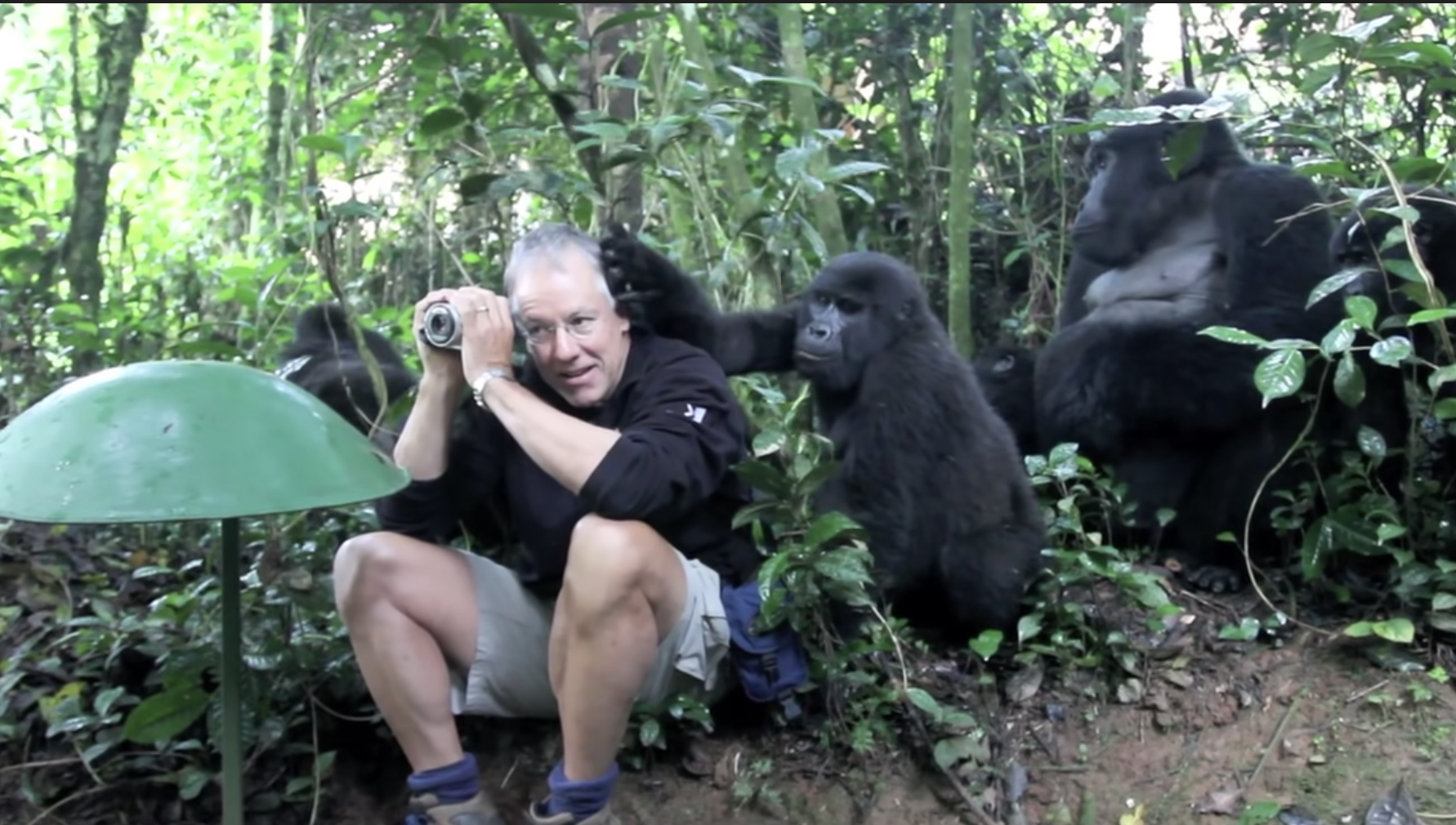
“The trackers told us, sometimes babies might approach you, and so just basically sit there in a docile position and they will usually just move away,” King explained for National Geographic. “One of the babies grabbed my arm in a very gentle way. I just can’t tell you how gentle it was. It was like a young child touching your arm in a way that’s very endearing.”
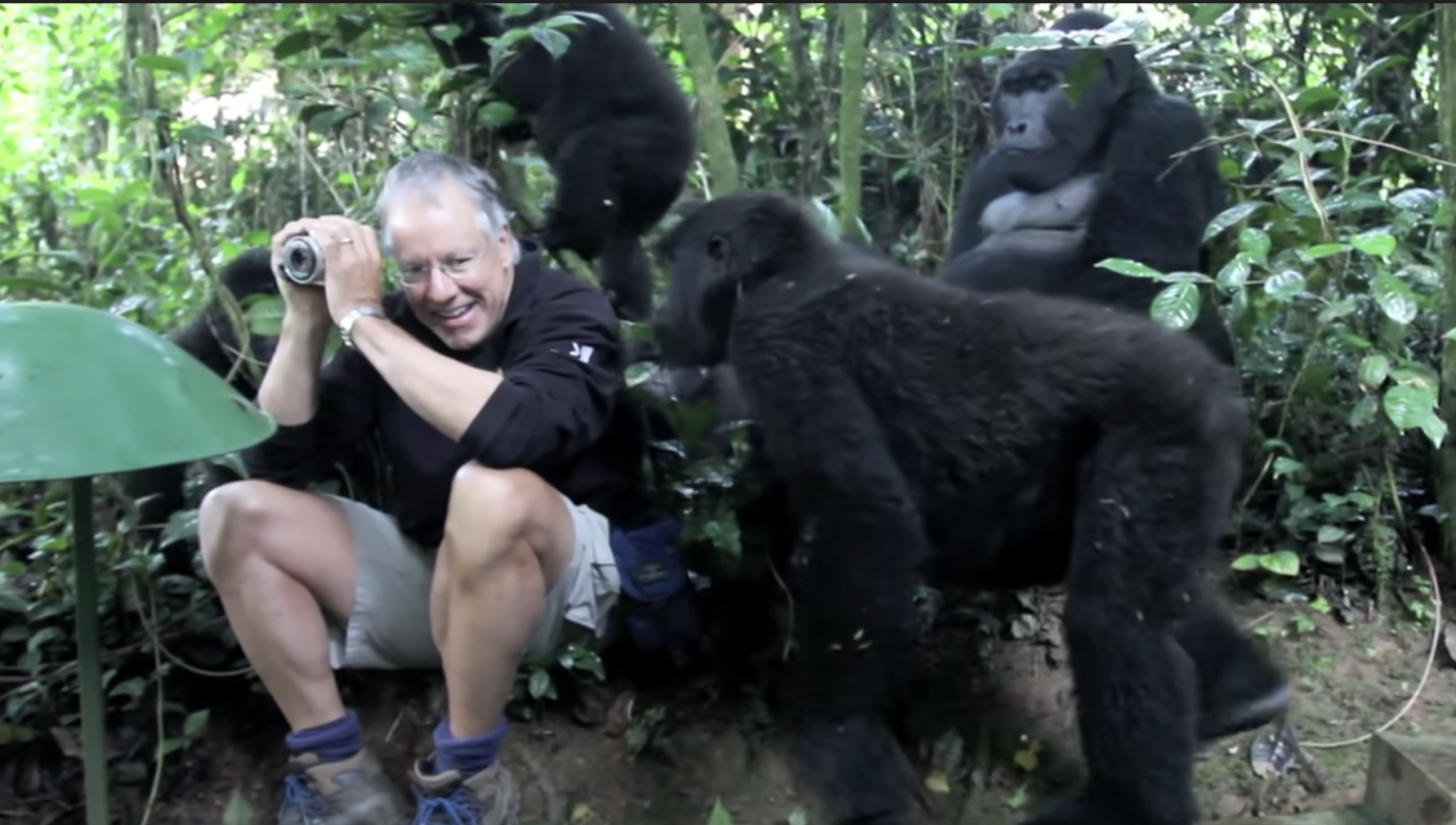
Though they the group looked very friendly, King didn’t made any move as he was aware of how dangerous the silverback are, especially with their babies around.
“Instead of moving away, it went behind me and started to touch me on the shoulder and on the head in what was obviously grooming,” he said. “When the silverback walked up, I was transfixed and really set upon not engaging his eyes and trying to be docile.”
Watch the unique encounter here:
Though still an endangered species according to the International Union for Conservation of Nature, less than a decade ago, things have been very worse for the majestic creatures. There were only 680 individuals in the wild with half of them living in the Bwindi National Park. Now, thanks to many conservation programs, things are looking better for this species as their number grew with over 1,000 individuals worldwide.

